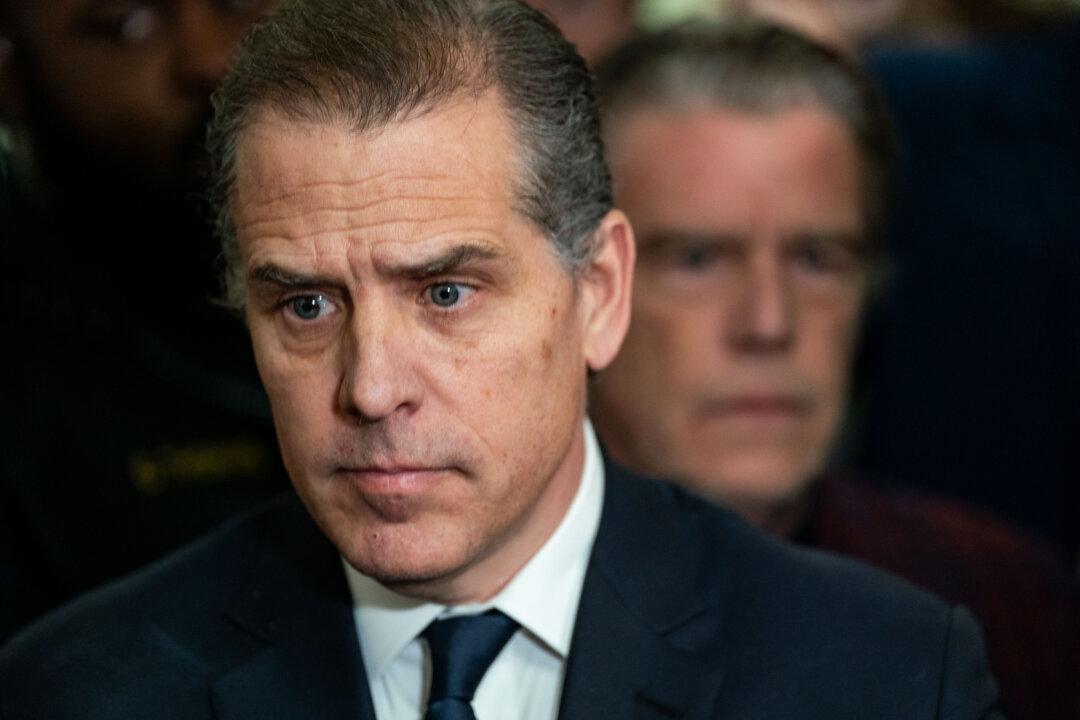Hollywood attorney Kevin Morris bought $875,000 worth of artwork produced by President Joe Biden’s son, but $525,000 of the purchase price—representing Hunter Biden’s commission on the sale—never made it to the dealer.
That is according to the transcript of New York art gallerist George Berges’s deposition with Congressional investigators.





